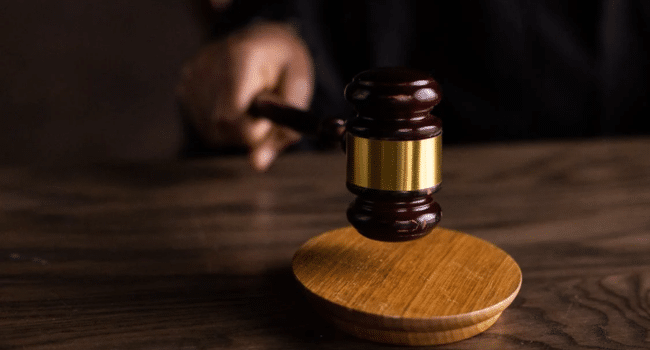Table of Contents
Keeping your creative work safe from unapproved use or duplication requires copyright protection. If you want to keep ownership of your intellectual property as an artist, writer, singer, or photographer, you must know how to defend your copyright. You can safeguard your intellectual property rights by remembering these five crucial factors. You can guarantee the security of your work and be ready to deal with any potential infringements by adhering to these rules.
1. Understand Copyright Law
Understand the rights and obligations you have as a creative by being knowledgeable about copyright law. Literary, artistic, musical, and other creative expressions are all protected by copyright as original works of authorship. Learn how long copyright protection lasts, what constitutes a fair use exception, and how to register your work with the copyright office. This understanding will enhance your ability to defend your creative activities. You can also prevent violating someone else’s rights and running afoul of the law by being aware of copyright laws. Knowing when permission is needed to utilize copyrighted material and what constitutes fair usage is crucial. You may further secure your creative work by staying informed about changes to copyright laws and, if needed, getting legal help.
2. Use Copyright Notices
To let others know that you possess the rights to your creative works, include a copyright notice. The particular year of publication, the owner’s name who holds the copyright, and the symbol© are often included in the notice. Even while it’s not necessary for copyright protection, putting up a copyright notice helps strengthen your ownership claim and discourage infringement. To alert possible infringers, prominently display the notice on your works. Furthermore, if a copyright notice is included, it may be simpler for third parties to locate the copyright holder and secure authorization for legitimate uses. It urges correct credit when sharing or utilizing the work and acts as a reminder to uphold the creator’s rights. Consistently using copyright notices in all of your creative works creates a transparent record of your ownership and aids in protecting your intellectual property.
3. Register Your Copyright
Consider filing a copyright registration with the US Copyright Office or another appropriate government organization. Additional legal advantages of registration include the capacity to sue for infringement and get statutory damages as well as legal expenses. Although copyright protection is automatically granted to your work at the time of creation, registration fortifies your legal position in the event that a disagreement arises. Furthermore, registering makes your copyright claim public, which facilitates the verification of ownership and creation date. Additionally, it offers a formal certificate of registration, which is useful documentation for court cases. You can better defend your creative rights and, if needed, take enforcement action by registering your copyright.
4. Monitor Your Work
Keep an eye out for any unlawful distribution or replication of your creative work by keeping track of how it is being used. Use internet resources to look for instances of infringement and respond quickly to those that are found. By using the best DMCA takedown service, you can ensure that infringing content is removed quickly and effectively. This process may be greatly streamlined. In order to safeguard your copyright and enforce your legal rights, you might also need to file takedown notices, send cease-and-desist letters, or take legal action. Maintaining control over the dissemination of your work and protecting your intellectual property may be achieved by monitoring it diligently and proactively.
5. Consider Licensing Agreements
Look into licensing agreements if you want to provide others access to your protected content while keeping control over how it is used. Include all relevant terms and conditions in the agreement, such as the length, extent, and cost of the licensed use. By licensing your creative work, you may make money off of it without giving up ownership or control over how it is used. To expedite the process and find any infringements, interact with platforms that provide copyright monitoring services. Monitoring how your work is being used enables you to prevent unapproved uses and limit any possible harm. Developing a proactive monitoring strategy might also discourage potential infringers by demonstrating to them that you are actively safeguarding your intellectual property.
Conclusion
Copyright protection is crucial for upholding your rights as a creator and ensuring the legitimacy and value of your creative work. Knowing copyright laws, using copyright notices, registering your copyright, monitoring your work, and considering licensing agreements will increase your chances of successfully protecting and claiming your intellectual property and preventing illegal use or exploitation.
Image Source – Pexels
Read More on KulFiy
Guardians of Creativity: Copyright Law’s Role in Protecting Intellectual Property
